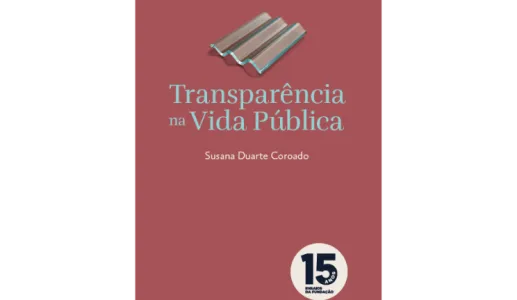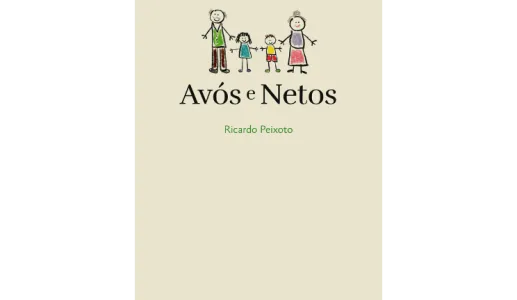

The Teaching of History
No. 28 SEPTEMBER 2012
In today's western societies, it is in the cultural or ideological domain that the greatest barriers lie, much more so than limitations in material and human resources. One of the most important factors behind this situation is the age-old legacy of dialectic materialism which, having penetrated common-sense thinking all over the world, has made us all, repositories of (ultra)simplified versions of Karl Marx’s theories, in one way or another. We tend not to doubt that economic conditions determine much of what people and groups are or are worth. Although there is undeniable truth in this, we have been exaggerating the dose for a long time, which drags us down into biases in the perception of reality. The greater the material resources, the greater the temptation to throw money at the problems. In many cases, this attitude makes difficulties worse because it feeds cultural blocks that prevent the search for effective solutions outside the materialistic cycle. The result is that we live in an age of inability through isolating cultural issues from material issues. Thus, it is hard to see that better regulation of institutional life in terms of behaviour and attitudes can in itself be an essential condition for the sustainable improvement of collective well-being.
In today's western societies, it is in the cultural or ideological domain that the greatest barriers lie, much more so than limitations in material and human resources. One of the most important factors behind this situation is the age-old legacy of dialectic materialism which, having penetrated common-sense thinking all over the world, has made us all, repositories of (ultra)simplified versions of Karl Marx’s theories, in one way or another. We tend not to doubt that economic conditions determine much of what people and groups are or are worth. Although there is undeniable truth in this, we have been exaggerating the dose for a long time, which drags us down into biases in the perception of reality. The greater the material resources, the greater the temptation to throw money at the problems. In many cases, this attitude makes difficulties worse because it feeds cultural blocks that prevent the search for effective solutions outside the materialistic cycle. The result is that we live in an age of inability through isolating cultural issues from material issues. Thus, it is hard to see that better regulation of institutional life in terms of behaviour and attitudes can in itself be an essential condition for the sustainable improvement of collective well-being.
More details
Dimensions
12 × 137 × 208 mm
ISBN
978-989-8424-68-6
Book available only in Portuguese
Conheça também









